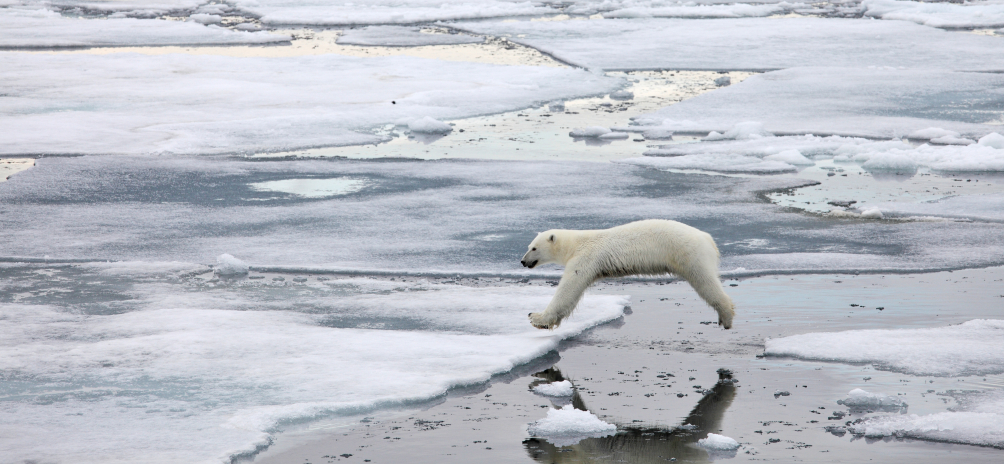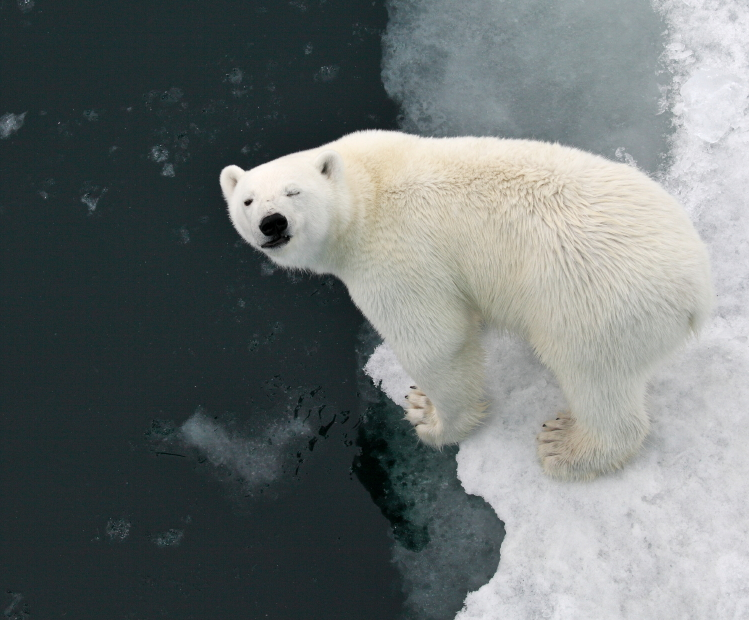Russia – Norway polar bear count nixed

Russian scientists are disappointed that a planned Norwegian-Russian polar bear inventory was cancelled because of lack of good will from Russian authorities.
As BarentsObserver reported, a long-planned joint mission to count the number of polar bears between Svalbard and Franz Josef Land had to be cancelled because the Norwegian researchers were not allowed to enter Franz Josef Land.
Deputy Director of the national park “Russian Arctic” Mariya Gavrilo says to TASS that the official reason for the refusal is that construction of the port on Franz Josef Land where the Norwegian vessel was suppose to enter, is not finished. The scientists had applied for permission to sail straight from Svalbard to the Russian archipelago of Franz Josef Land, without passing through a border check-point, but this was refused by Russian authorities.
“Of course we could have sailed through the border-crossing point, but this would have taken ten days, or one-third of the expedition”. She points out that although the port is not completely finished, the authorities have given permission to three vessels carrying tourists to sail directly from Svalbard to Franz Josef Land this year.
Evaluating polar bear population

Gavrilo believes the cancellation of the joint expedition will make it difficult for the scientists to get a good a full picture of the polar bear population in the area. The last major census of polar bears was conducted in 2004, and the situation can have changed since then. “For polar bears, there are no borders. Unfortunately, for scientists, they are very clearly defined,” she says to TASS.
Norwegian scientists have been counting polar bears in eastern and northern parts of the Svalbard archipelago for the last month. First from the Norwegian Polar Institute’s research vessel “RV Lance”, and later from the Coast Guard vessel “KV Svalbard”, the expedition´s blog reads.
The joint expedition was based on a Norwegian-Russian memorandum of understanding and the Norwegian Ministry of Foreign Affairs had supported the project with 10 million kroner.
Related stories from around the North:
Canada: Study shows polar bears relocating to icier Canadian Archipelago, Alaska Dispatch News
Norway: Guide sees record-long polar bear dive, Radio Canada International
Russia: Submariners feed polar bears with garbage, Barents Observer
United States: Scientists seek cause of patchy baldness in some Beaufort Sea polar bears, Alaska Dispatch



